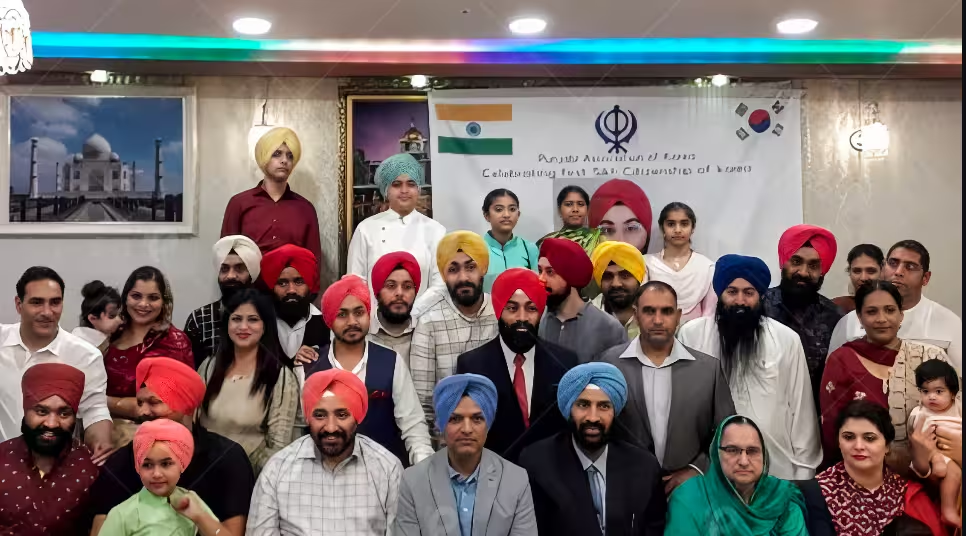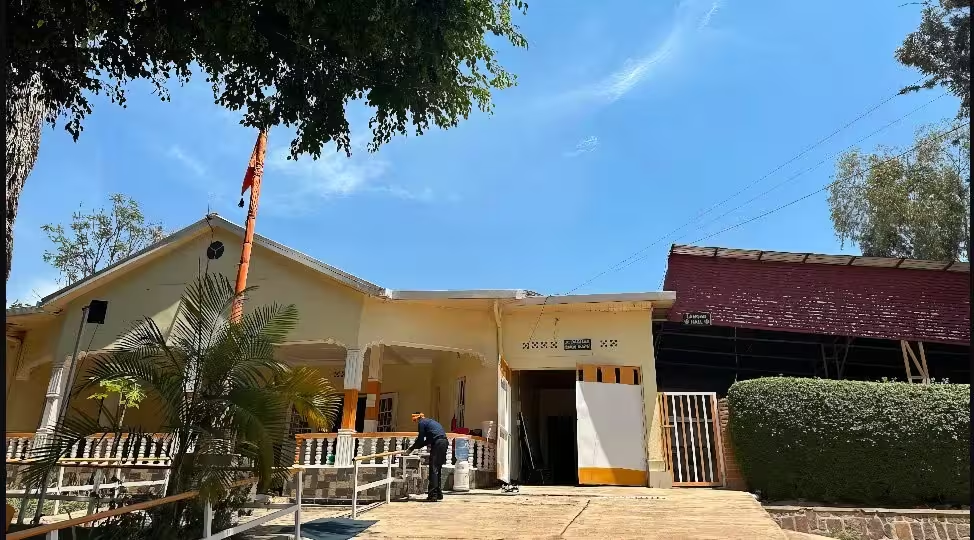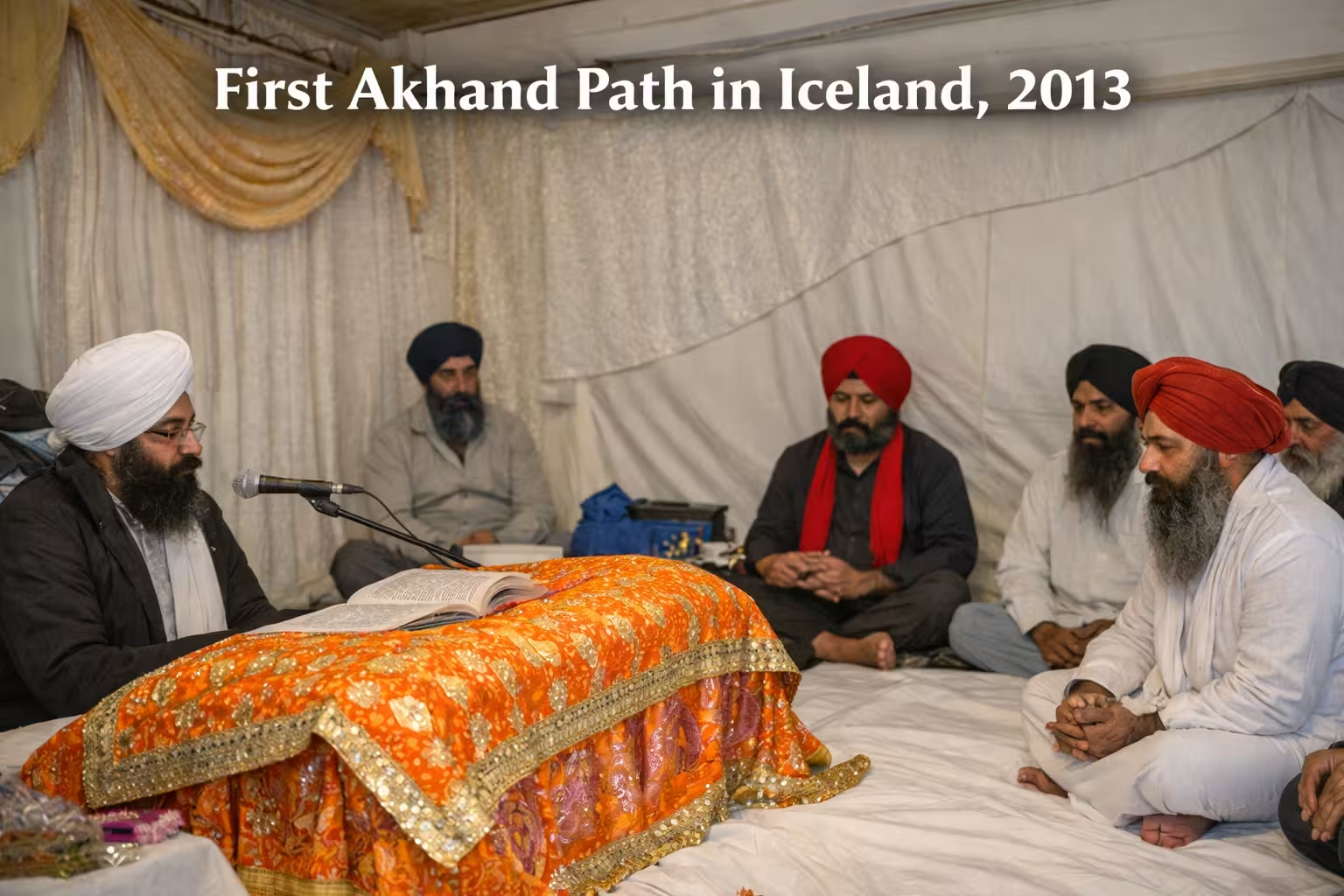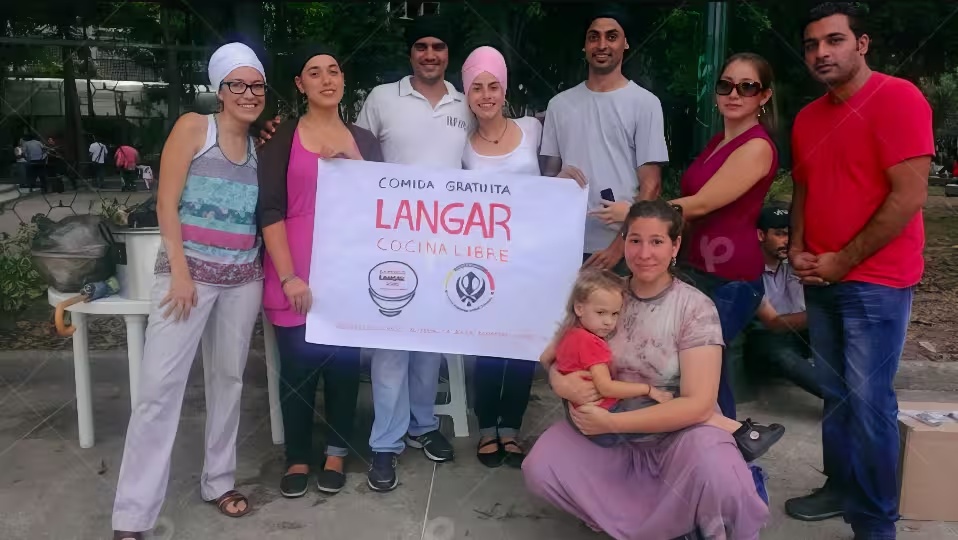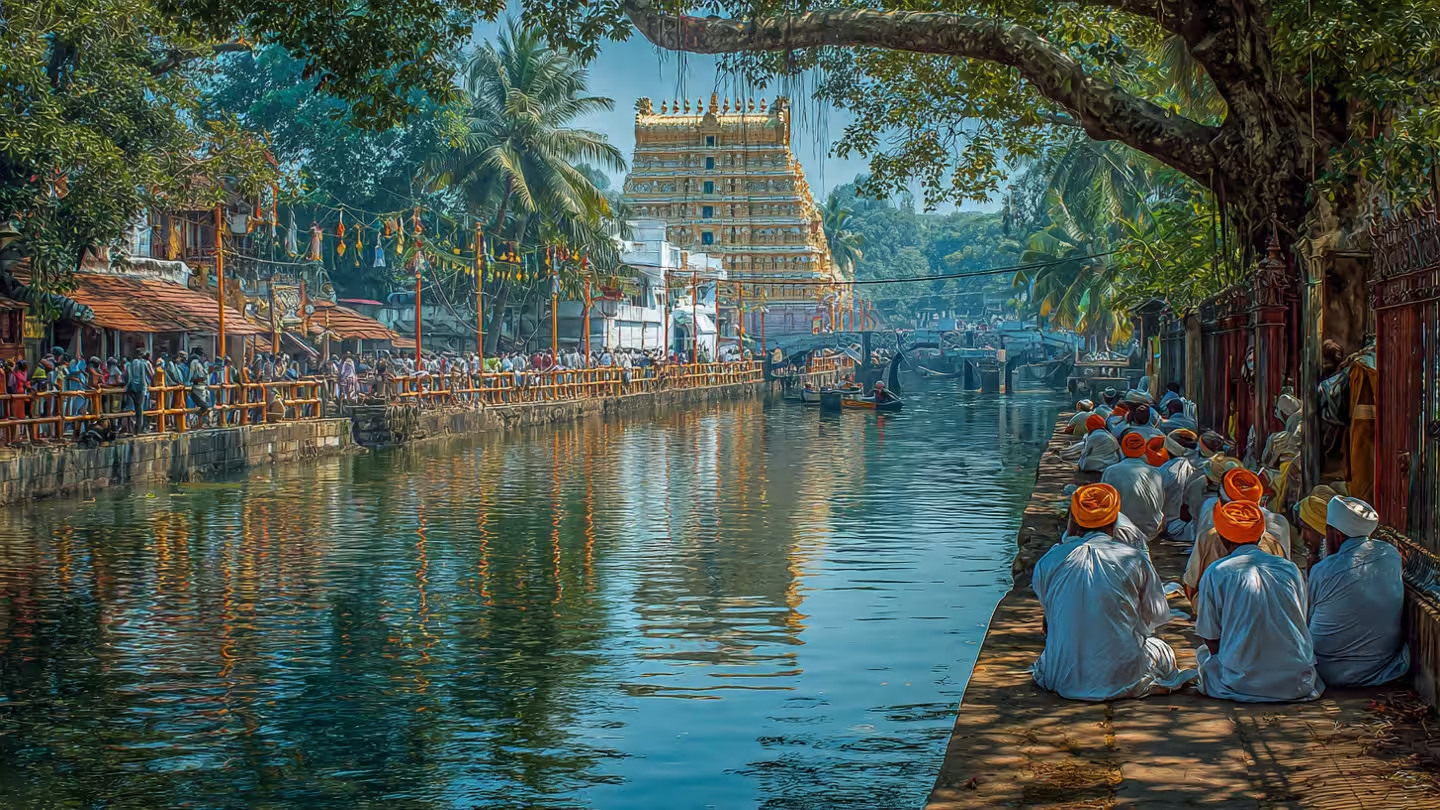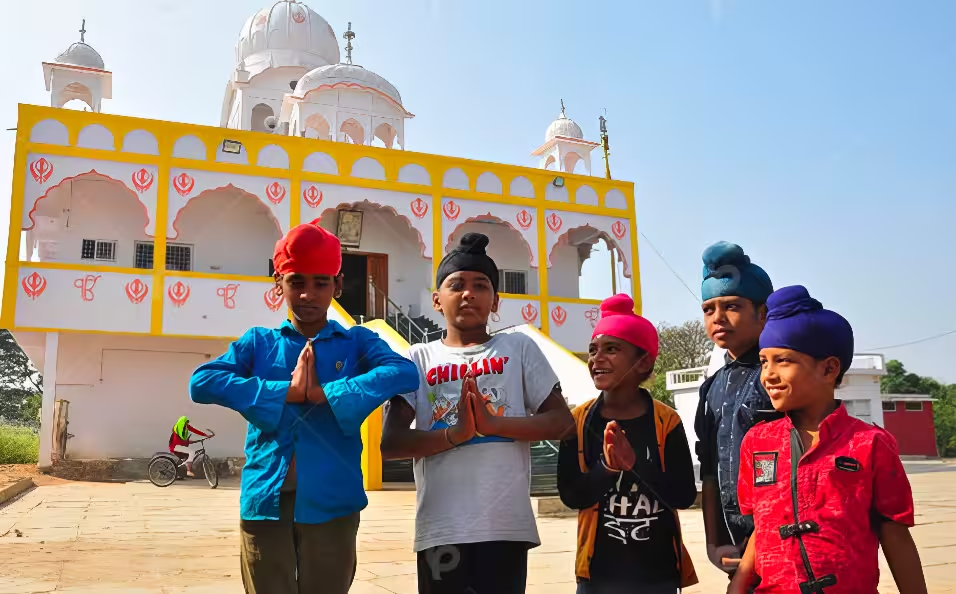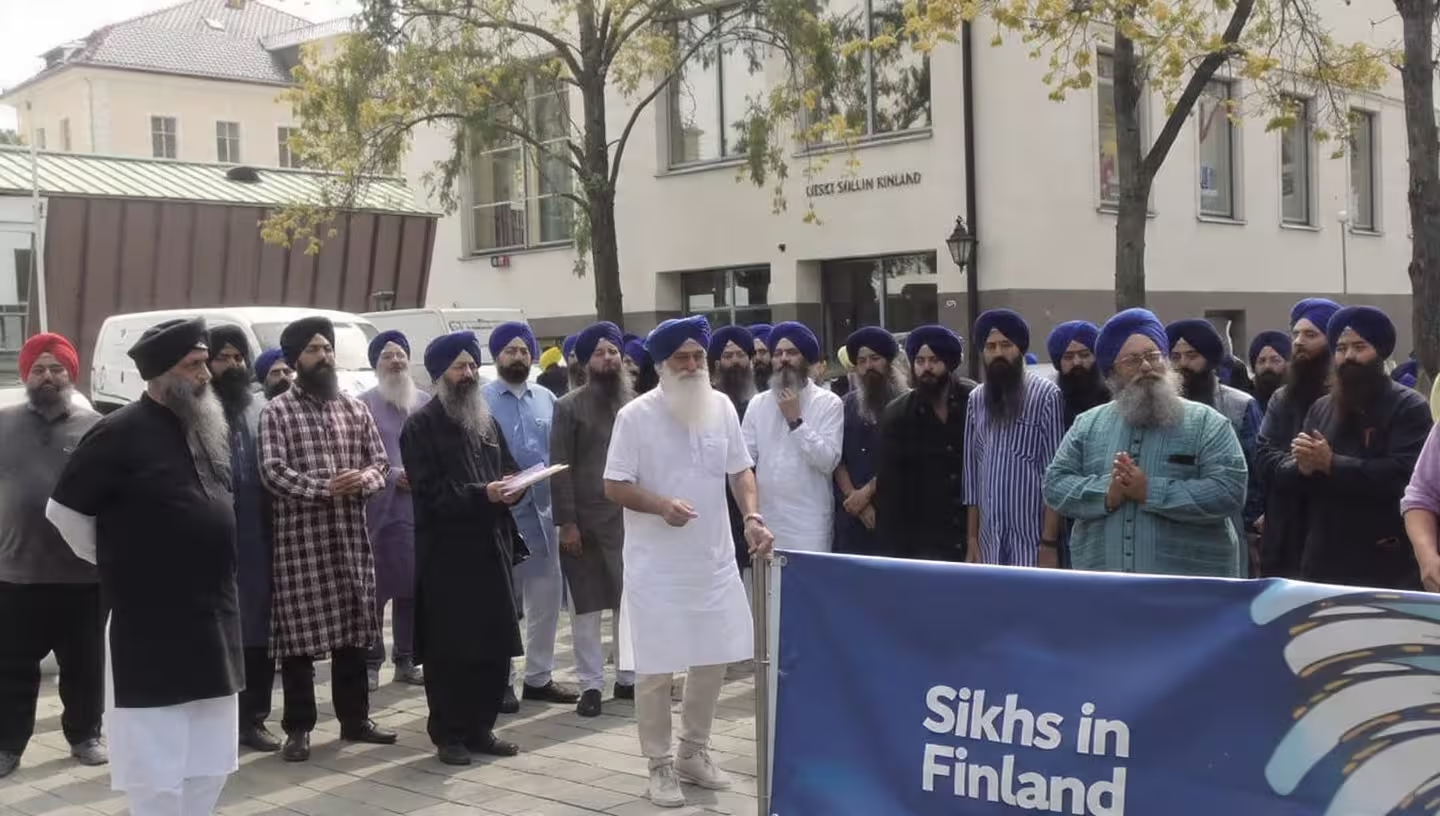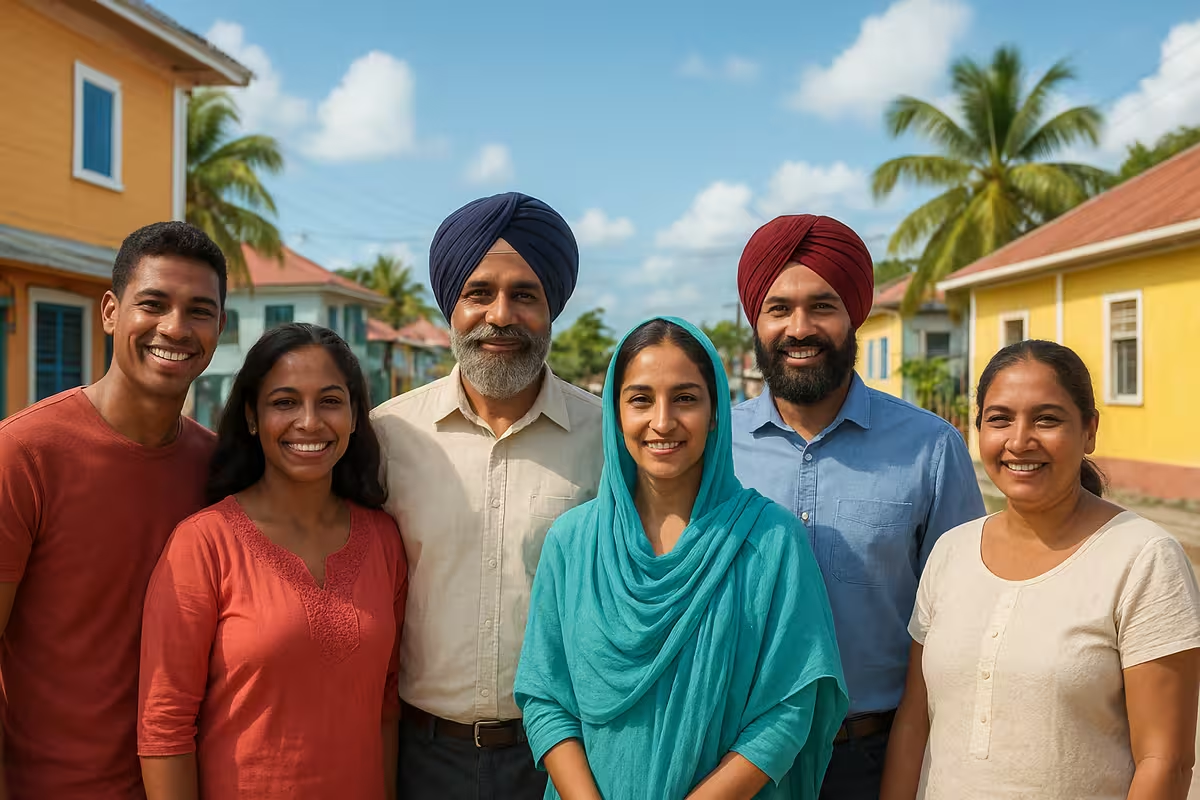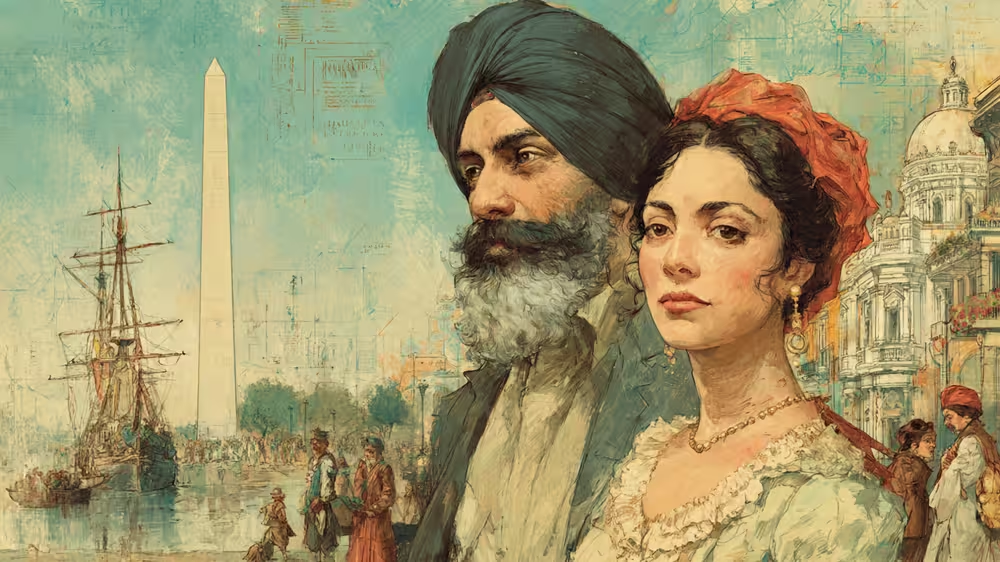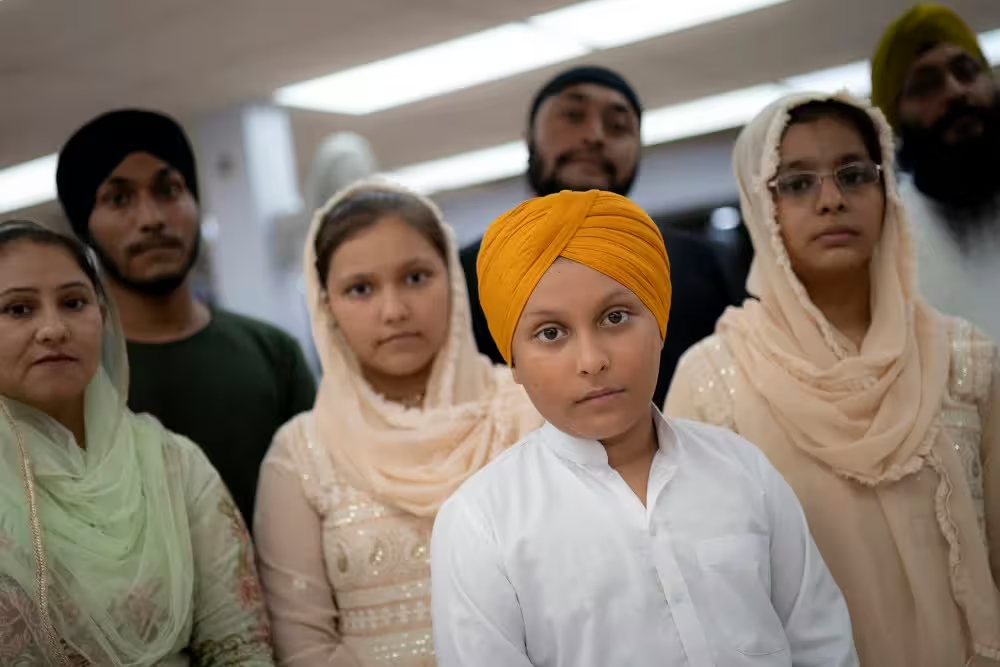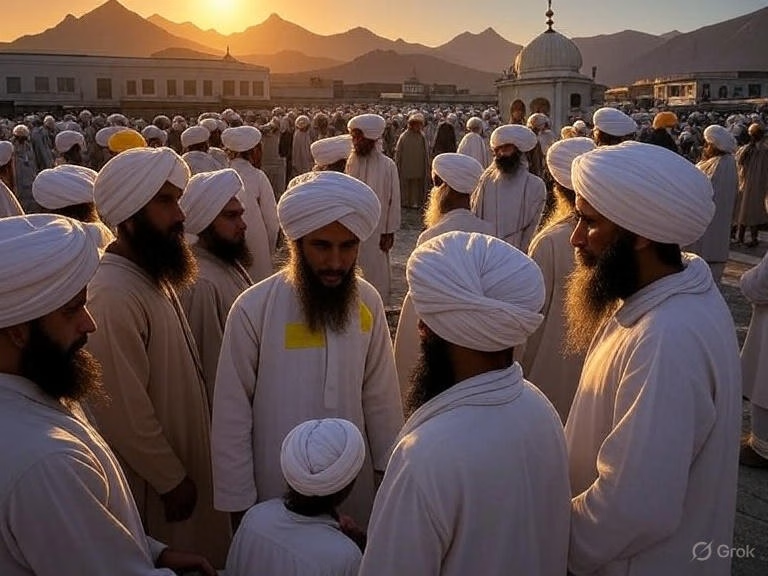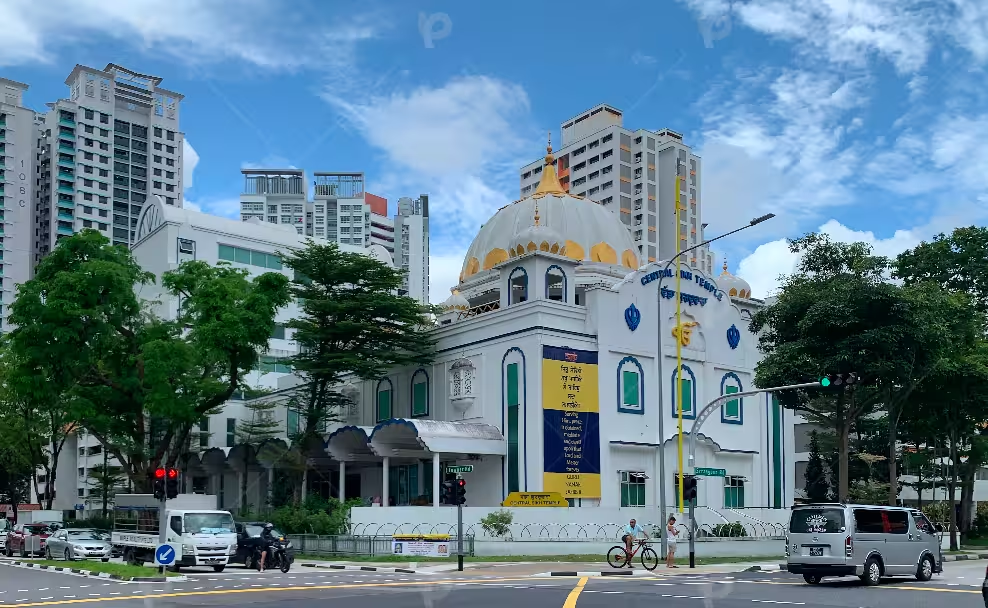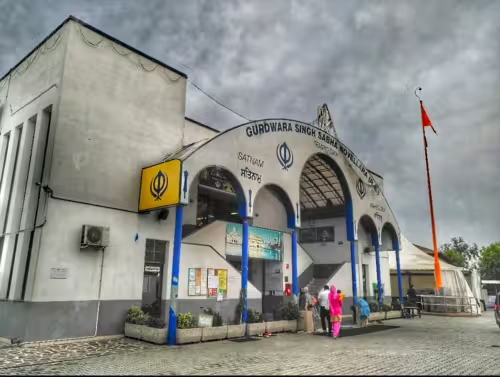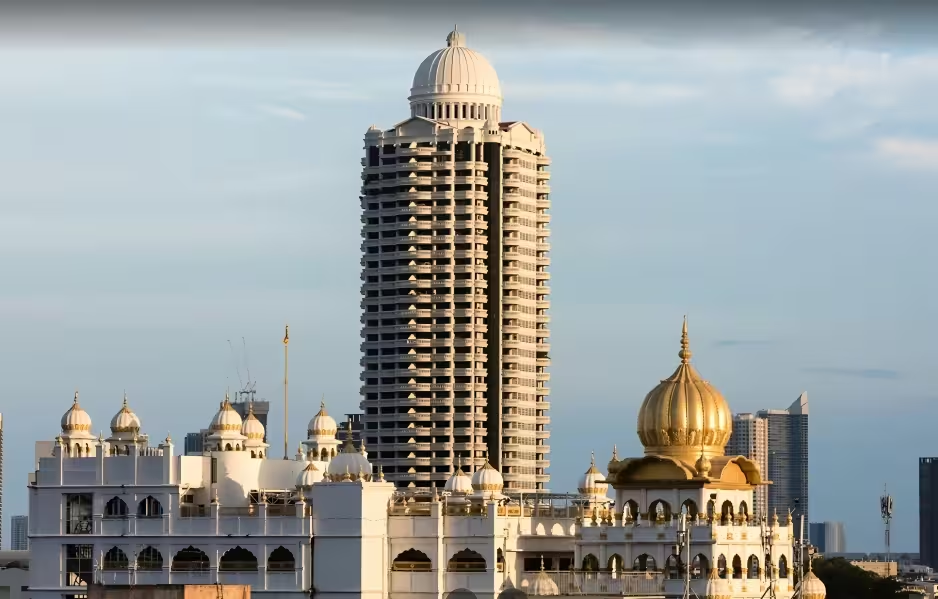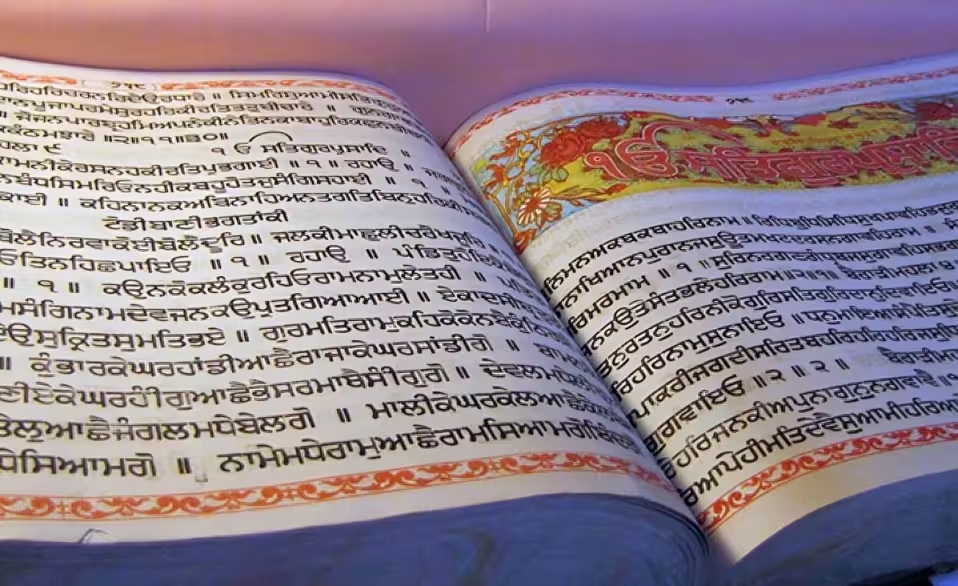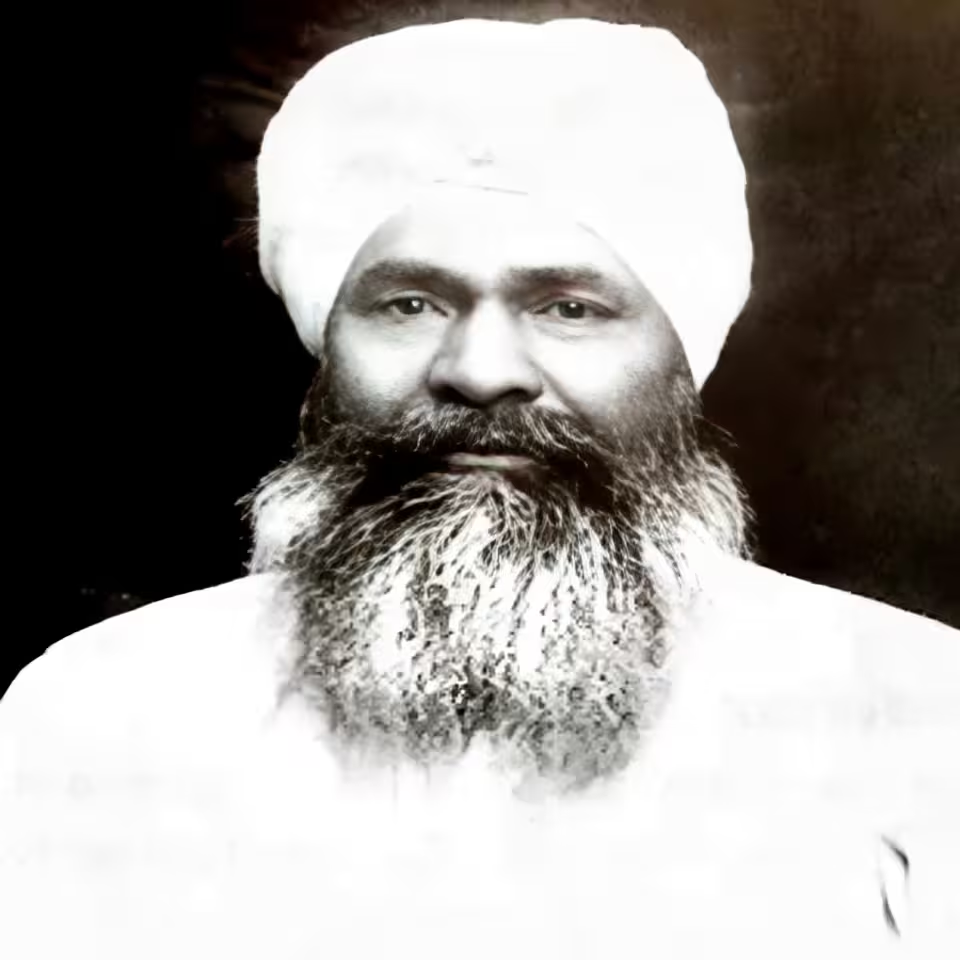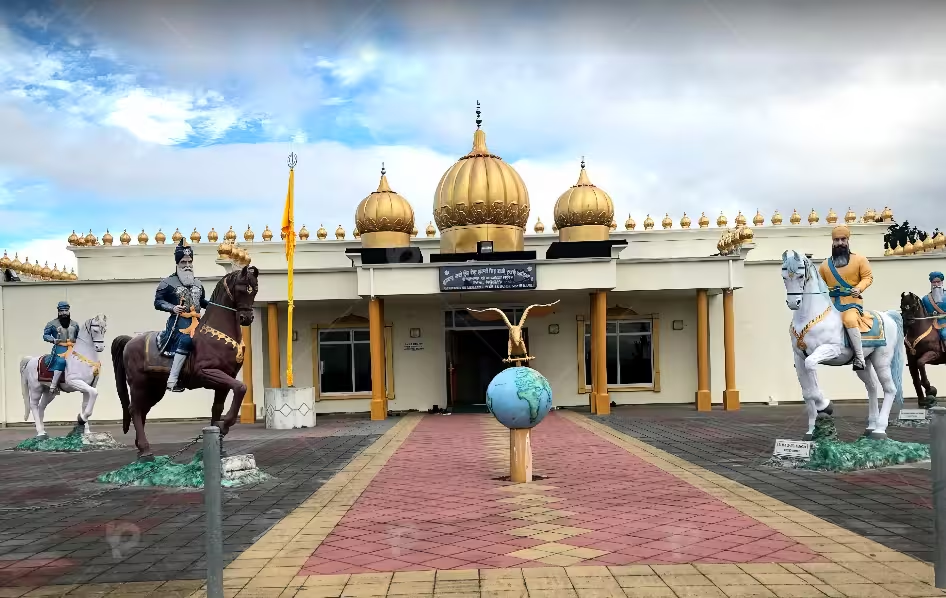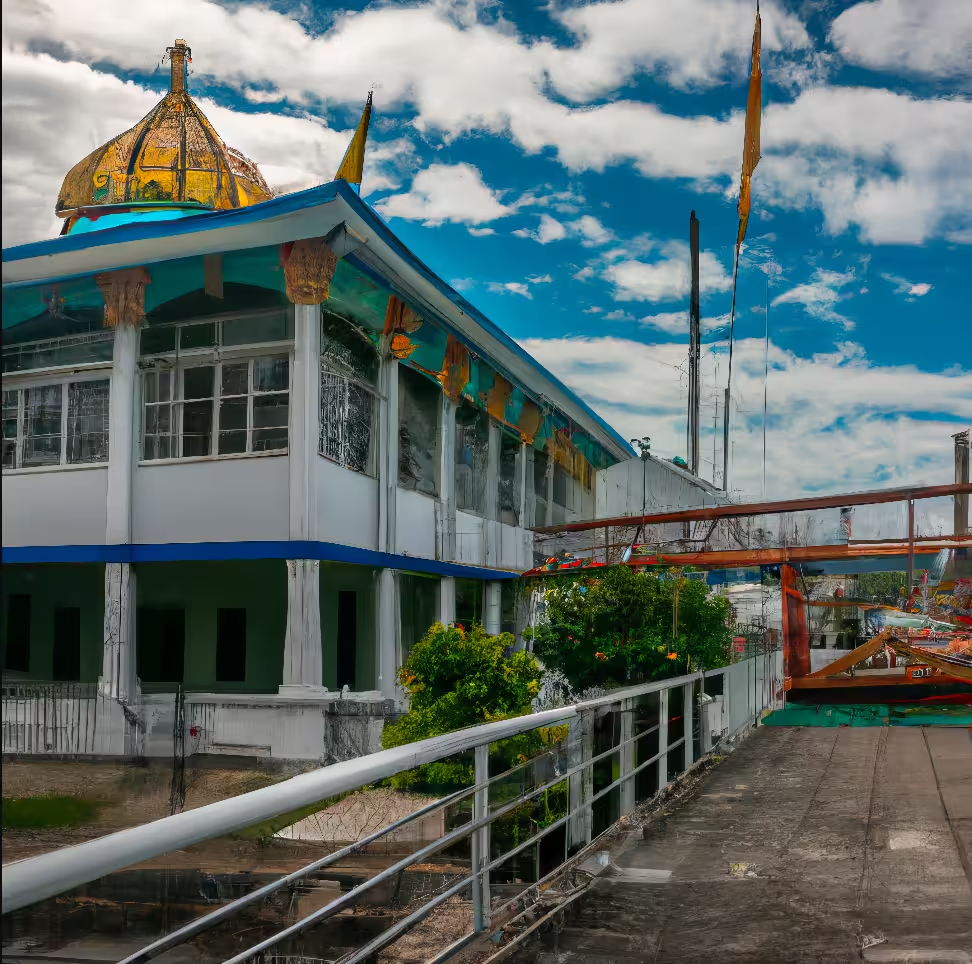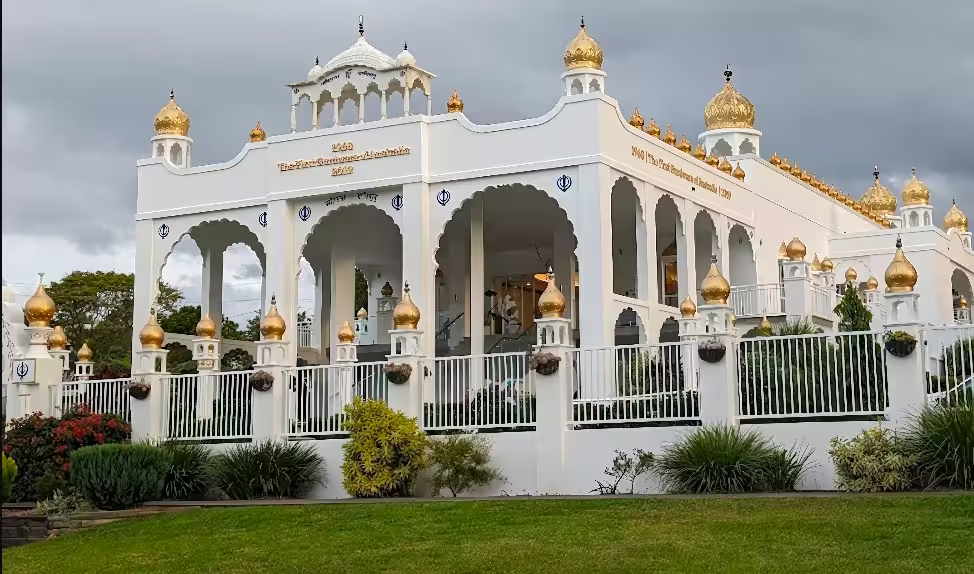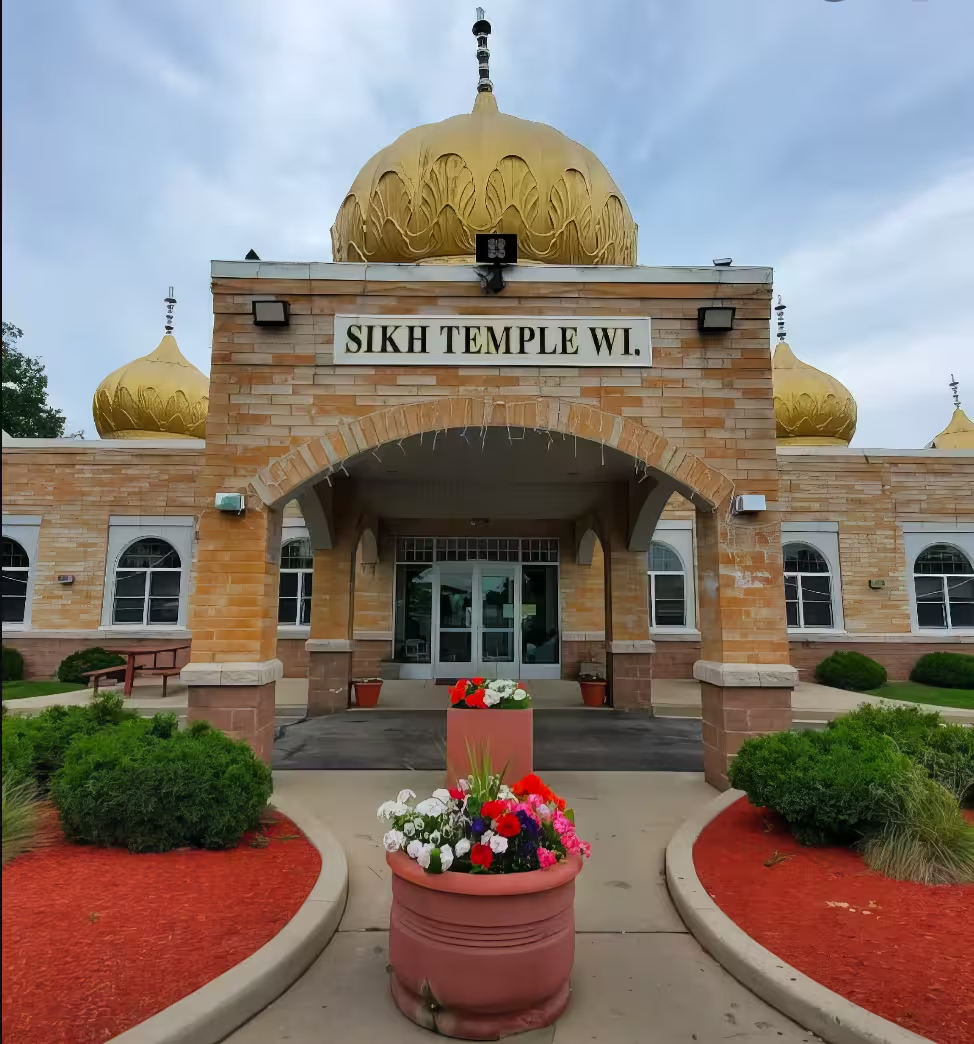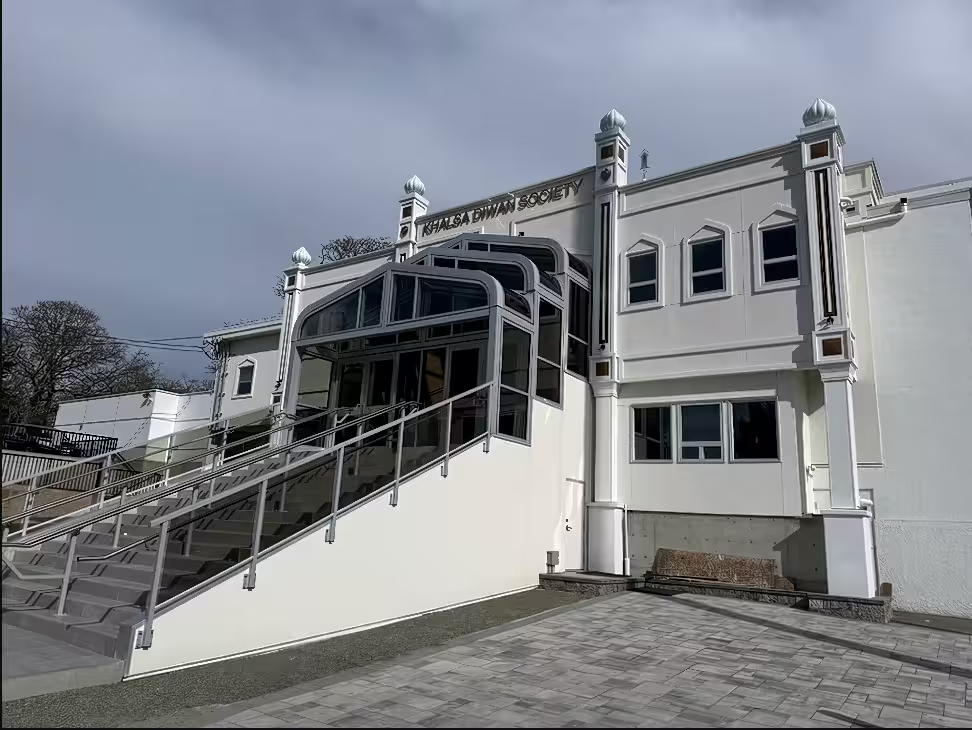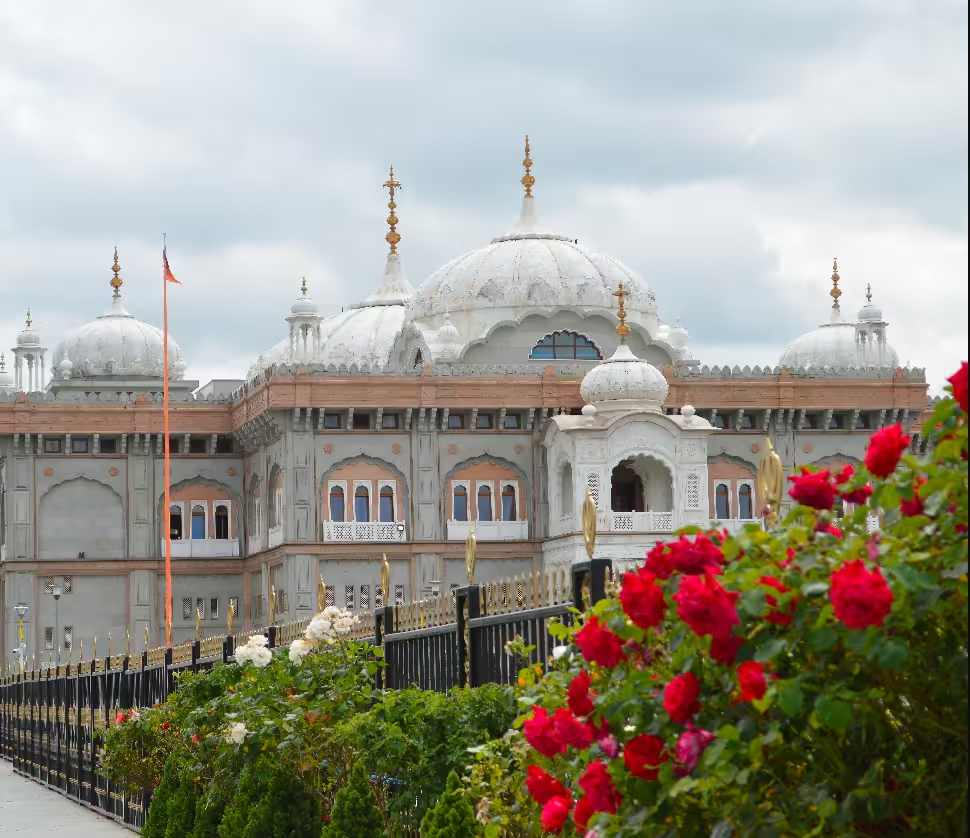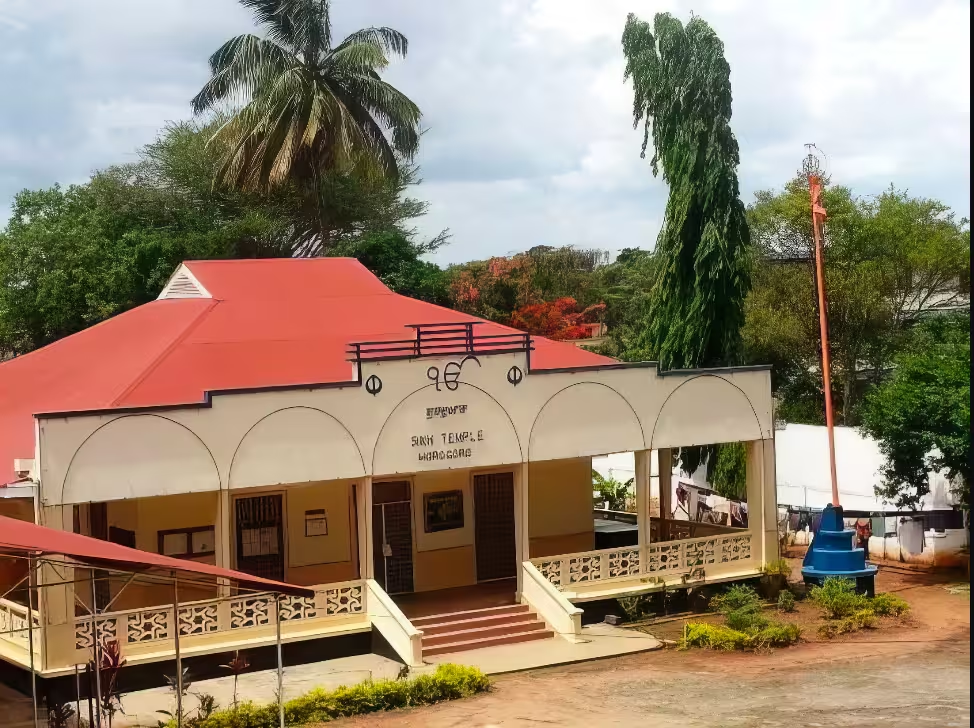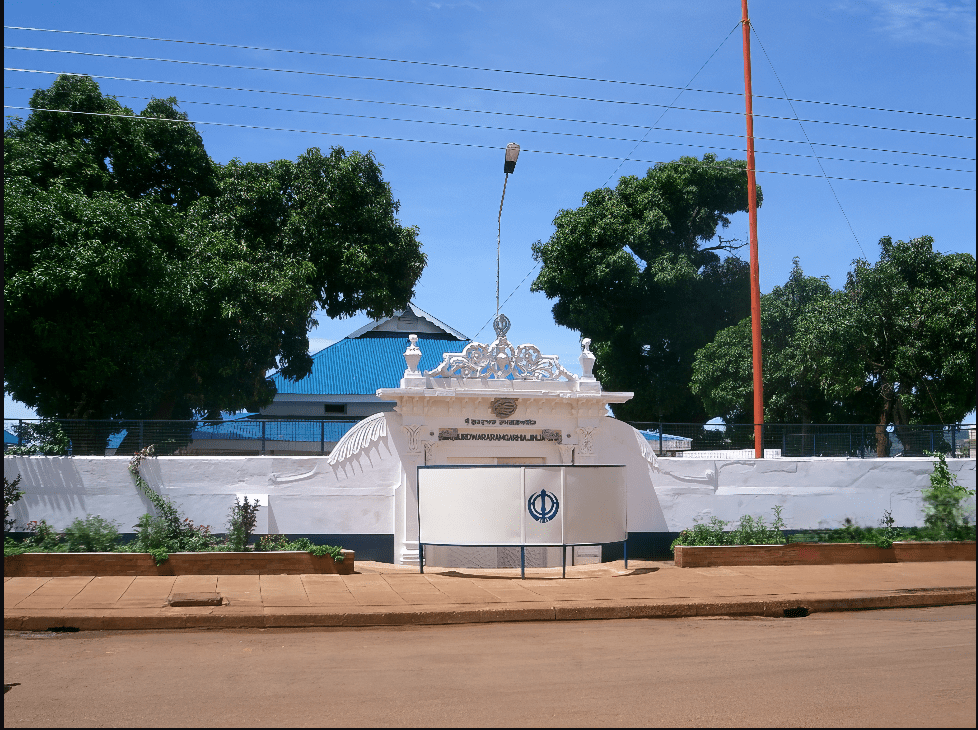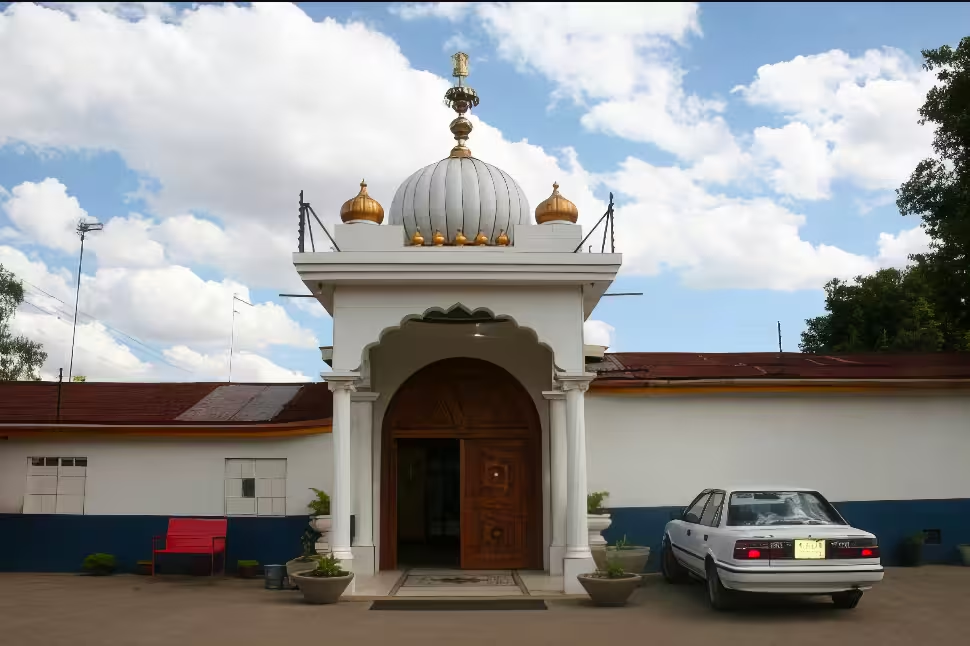Sikhs in Belize — a small but significant thread in the Caribbean
Welcome to Global Sikhi Wiki, your comprehensive resource for exploring Sikh history, culture, and global communities. Today, we delve into the vibrant story of Sikhs in Belize
Belize ( Previously British Honduras ) is a small, diverse nation on Central America’s Caribbean coast. Belize is the only English-speaking country in Central America as well as the only Central American member of CARICOM [Caribbean Community]. Its population is an ethnic mosaic — Creole, Mestizo, Maya, Garifuna, and a modest but distinct community of people of Indian origin (often called Indo-Belizeans). Within that Indo-Belizean presence there are traces of Sikh heritage: a handful of early Punjabi migrants, later descendants who entered public life, and a community that has mostly assimilated while still retaining fragments of its Punjabi roots.
We don’t know the exact number of Sikhs in Belize. They are part of the bigger Indo-Belizean group, which has about 7,000 to 8,000 people. In this group, Sikhs follow their faith along with other religions like Hinduism and Christianity. But the data doesn’t break down the Sikh numbers separately. wikipedia.org
Early arrivals and the broader Indo-Belizean story
In contrast to Trinidad, Guyana, Suriname, Jamaica and other former West Indian British colonies which recruited indentured Indian labourers directly from then British India, Belize has never made such a request for Indians. Between 1872 and1890, over 3,000 Indian labourers from Jamaica voluntarily relocated themselves to Belize to work in the sugarcane, timber and banana industries. East Indian coffee workers from Guatemala also joined them in Belize, formerly called British Honduras.
Indian migration to Belize took place in several waves under the British colonial system. Indentured labourers and ex-servicemen from the subcontinent arrived across the late 19th and early 20th centuries, joining an existing Caribbean pattern of Indian migration (from places like Guyana and Trinidad) to work in agriculture, lumber, and trade. Over time these migrants and their descendants mixed into Belize’s multiethnic fabric. Indo-Belizeans made up roughly 3–4% of the population in recent censuses. indo-caribbean.com+2serialsjournals.com+2
Within that broader East-Indian presence, sources record a small number of Punjabi/Sikh settlers arriving in the early 20th century and settling in coastal and rural communities. These early families often worked as traders, small business owners or in service roles; some later generations intermarried and adopted local religions and customs while keeping a memory of Punjabi ancestry. sikhglobalvillage.com , sikhnet.com
Belize as illegal route for America
Reports and historical accounts indicate that Belize :
became a popular destination and transit point for migrants, including Sikhs from Punjab, in the 1990s who were seeking to ultimately enter the United States or other North American countries illegally.
Migrants would travel to destinations like Belize (then British Honduras) as part of a larger, often illicit, network to facilitate border crossings into North America. The reason for using this route was often the difficulty in securing direct legal migration channels to the US. In some cases, due to poor air travel connectivity, migrants reportedly used small chartered aircraft (from places like Cuba) to reach Belize.
This migration trend was part of the broader Sikh diaspora, driven by economic pressures in Punjab and the desire for a better living abroad.
Community profile: small, scattered, mostly assimilated
Unlike larger Sikh diasporas in North America, the UK, or parts of Africa, the Sikh presence in Belize never reached large numbers nor produced many permanent institutions such as large gurdwaras (Sikh temples). Instead, evidence points to a few Punjabi families (often surnamed Singh) and notable individuals who preserved—at least genealogically—their Sikh/Punjabi descent. In some cases the faith identity changed over generations (for instance, conversion to Christianity is recorded in at least one high-profile case), while cultural markers and family names remained. chabilmarvillas.com

Notable Belizeans of Sikh origin
George B. Singh
Late George Singh (converted to Christianity), served at high levels in Belize’s judiciary and was appointed Chief Justice in the late 1990s. His family’s Punjabi roots are referenced in multiple local and diaspora accounts. George Singh’s public service is one of the clearest examples of Punjabi ancestry reaching national prominence in Belize. belizejudiciary.org
The specific village in Punjab, where George B. Singh’s father, Bawa Singh Mann, originated is not publicly available. Sources confirm Bawa Singh Mann was a Sikh who immigrated from the Punjab region of India to British Honduras (now Belize) in the early 1930s, the exact name or location of his ancestral village is not mentioned.
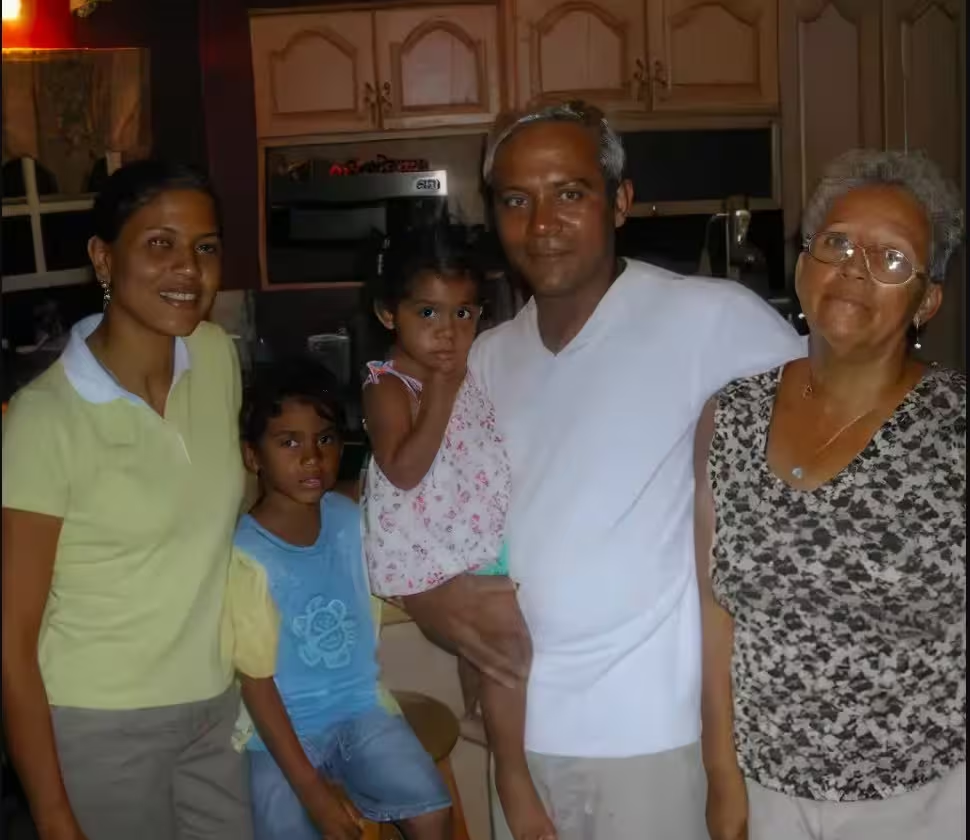
Douglas (Doug) Singh
A contemporary Belizean public figure who has served on government boards and in political roles; media coverage and profiles show him as part of a Singh family active in Belizean public life. (Local news stories and profiles document his public roles and controversies.)
Douglas “Doug” Singh s/o George B. Singh, is a Belizean politician and businessman. He is a former Minister of Police and Public Security in Prime Minister Dean Barrow’s cabinet (2010–2012) and later served as National Security Minister. sanpedrosun.com
Later Douglas Singh resigned from all of his public sector roles, including as Chairman of the Social Security Board (SSB) and as a Director of Belize Telemedia Limited, in April 2020 on the heels of an interview in which he candidly expressed his frustration with Belizeans over the COVID-19 Unemployment Relief Program.
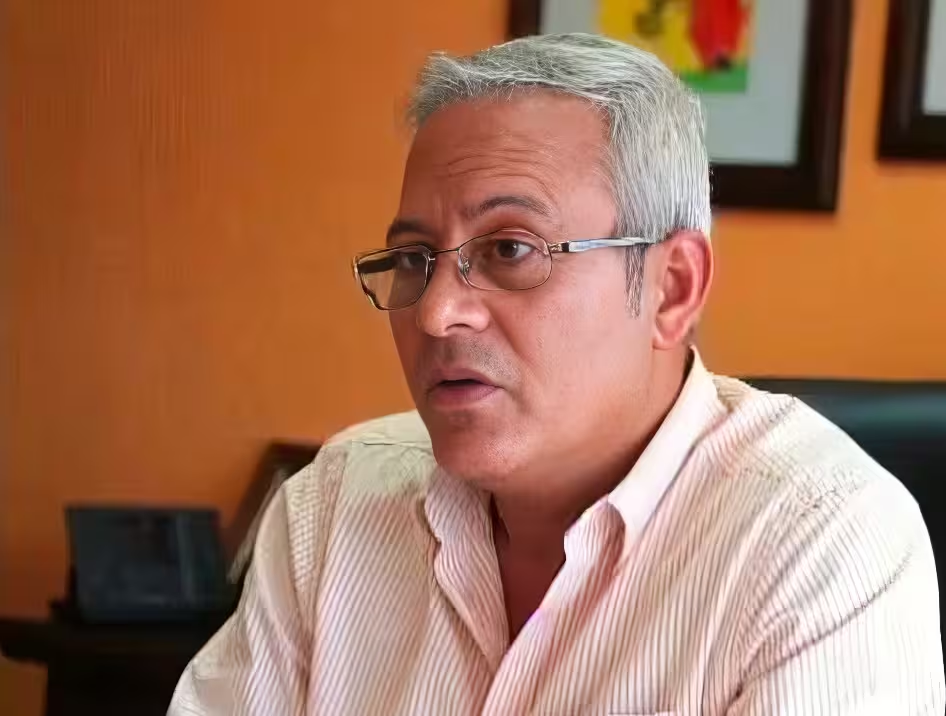
Religion, identity, and assimilation
Because numbers were small, organised Sikh institutions (regular gurdwaras with large congregations) have not been a major feature in Belize the way they are in countries with larger Sikh populations.
The pressure to assimilate into the dominant culture is a known challenge for Sikh diaspora communities worldwide, often resulting in the loss of traditional practices among second and third generations. In a context like Belize where the community is very small and isolated from major Sikh centers, this effect is likely amplified.
Many Punjabi families assimilated religiously and culturally into the wider Indo-Belizean community; some adopted Christianity or other local faiths, while others maintained private cultural memory (names, certain customs, culinary practices). This pattern is common in small diaspora pockets where demographic size limits the ability to sustain separate religious institutions.
Contribution and cultural legacy
Public Service and Politics: Members of Sikh ancestry have held prominent positions in Belizean public life. A notable example is George B. Singh, the son of an early Sikh immigrant (Bawa Singh Mann), who served as the Chief Justice of the Supreme Court in 1998, as well as holding roles like Solicitor General and Director of Public Prosecutions. Douglas (Doug) Singh also held significant ministerial positions, including Minister of Police and Public Security and National Security Minister.
Economic Activity: Early Indian immigrants, including Sikhs, were known for being industrious and thrifty, with many engaging in entrepreneurial activities and small business development. The broader East Indian community’s skills in farming rice and sugarcane helped make these crops viable in Belize.
Community Development: The East Indian community (within which Sikh heritage traces are found) has an organization, the Corozal Organization of East Indian Cultural Heritage (COEICH), dedicated to preserving and promoting their shared culture through various community initiatives.
Assimilation: The most significant aspect of the Sikh legacy in Belize is its assimilation into the dominant culture. Due to a lack of Sikh-specific institutions (like gurdwaras with large congregations) and a small population base, many descendants of early Sikh migrants have assimilated religiously and culturally, with some adopting Christianity or other local faiths.
Cuisine: One of the most enduring cultural legacies is in the realm of food. The East Indians, including those of Punjabi/Sikh origin, introduced new techniques and flavors, such as the use of the tacari (curry spice), which has become a part of the broader Belizean and Indo-Belizean cuisine.
Fading Traditions: Many traditional Punjabi practices have been lost over generations, though some families maintain private cultural memory, including names and certain customs. The original languages, such as Hindi and Urdu, are still spoken at home by some, but most East Indians in Belize today primarily speak English.
In essence, while the organized religious life of the Sikh faith did not establish a strong institutional foothold in Belize, individuals of Sikh heritage have made significant contributions to the country’s social, economic, and political landscape, with subtle cultural traces remaining primarily in family customs and cuisine. indiaempire.com , caribbeanlifestyle.com

